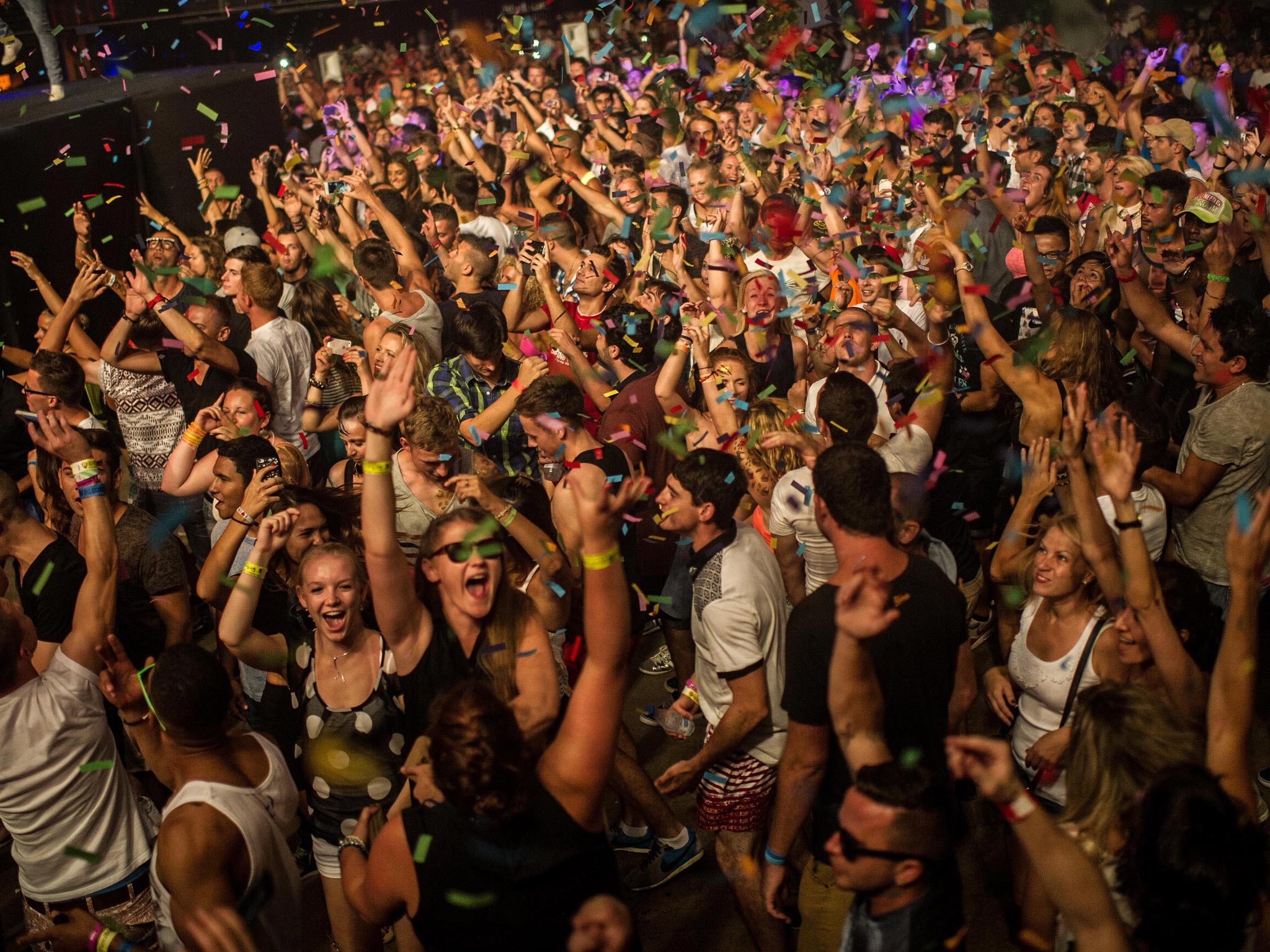Is verbal and physical abuse in student clubs getting out of hand?
Are we normalising harassment, asks Lucy Anna Gray

Your support helps us to tell the story
From reproductive rights to climate change to Big Tech, The Independent is on the ground when the story is developing. Whether it's investigating the financials of Elon Musk's pro-Trump PAC or producing our latest documentary, 'The A Word', which shines a light on the American women fighting for reproductive rights, we know how important it is to parse out the facts from the messaging.
At such a critical moment in US history, we need reporters on the ground. Your donation allows us to keep sending journalists to speak to both sides of the story.
The Independent is trusted by Americans across the entire political spectrum. And unlike many other quality news outlets, we choose not to lock Americans out of our reporting and analysis with paywalls. We believe quality journalism should be available to everyone, paid for by those who can afford it.
Your support makes all the difference.People have always gone out with their friends, gone dancing, had a bit too much to drink; but are things beginning to get out of hand? Has it become socially acceptable for verbal and physical abuse to take place in night clubs? We spoke to a group of university students to find out how they felt about ‘club culture’ and how it is affecting young people across the country.
The hype around fresher’s week is massive, with ever-increasing expectations of what a night out should be like. Through peer pressure or just a competitive nature, this means the amount people are drinking keeps on growing; in particular binge drinking. A large group of excited, drunk people are crammed into a dark room with loud music - the perfect place for abuse to take place. According to the NHS, “Binge drinking increases the risk of violent attacks and sexual assault.”
People end up doing things in clubs they probably wouldn’t do in any other social environment. This could range from an unwanted grope to a homophobic comment. Whatever form of abuse it is and at whatever level, if it happens in a club it seems to be acceptable. Bouncers and other types of nightclub staff are there to help stop this from happening, but do people have faith in them?
The vast majority of students we polled said that they had been made to feel extremely uncomfortable due to the actions of another person in a club. However, out of this group of people, who had all been physically or verbally assaulted, only a tiny fraction went on to report the incident.
“Yes I did report it, but I was a barmaid and my male colleague saw it happen so I asked him to throw the guy out. I doubt I would've done that if I didn't work there,” admitted one.
A student at Plymouth, who wishes to remain anonymous, spoke of an incident that illustrates this problem perfectly.
“Me and this guy were dancing in a club, having a good time. He then forced me to kiss him, grabbed my hand and put it down his trousers. After doing this he then forced my head downwards to his crotch. I was quite drunk at the time, and was just so embarrassed I didn't think to tell the bouncer, and said to myself it was just 'drunken bloke' behaviour.”
Unfortunately cases like this seem to be common, with people of both genders not reporting what has happened to them. This could be due to embarrassment, fear of not being listened to or misplaced shame at what has happened. Another student said that “club staff don’t interfere with these kind of things, so actions often get left unpunished. I once told a man working as a glass collector that a guy had just pulled my top off and undone my bra. He just said ‘what do you want me to do about it?’”
Fortunately, most people felt that student nights feel a lot safer than normal clubs, but this is still a serious problem that needs addressing. Various actions are being taken to help combat this issue, from hiring more security staff to drink aware adverts on television. Some believe that a possible solution to this problem is the ‘Campaign4Consent’ movement. It is a youth led campaign set up by the ‘Twitter Youth Feminist Army’ which focuses on getting the teaching of consent put in the National Curriculum.
Join our commenting forum
Join thought-provoking conversations, follow other Independent readers and see their replies
Comments